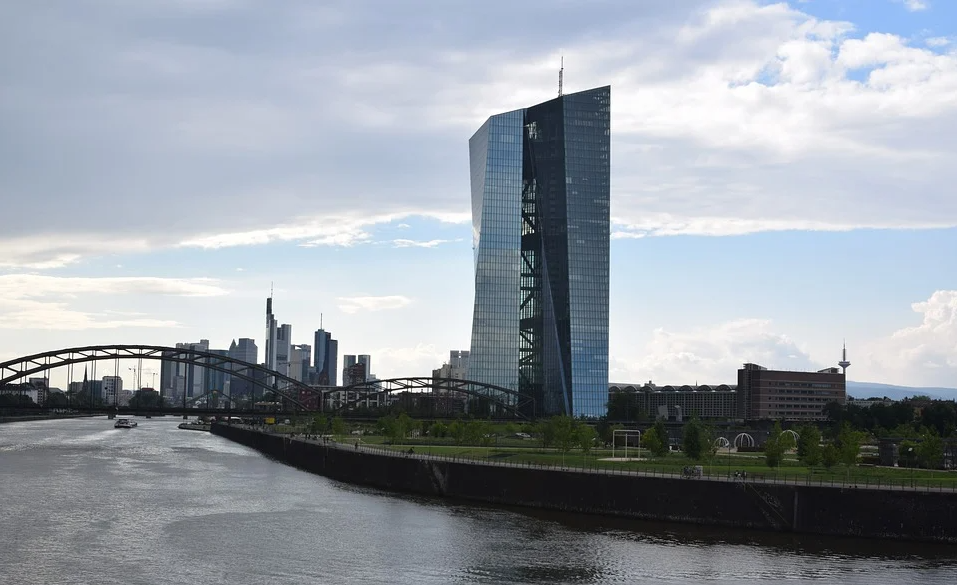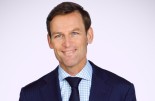Carmignac: A hike is the most likely outcome of Thursday's ECB meeting

Looking ahead to Thursday’s ECB meeting, Kevin Thozet, a member of the investment committee at Carmignac, considers the central bank’s policy conundrum and why, in his view, a hike is the most likely outcome.
The outcome of the European Central Bank (ECB) meeting this Thursday is particularly uncertain. Bond markets currently assign a very low probability to the possibility of an additional 0.25% hike in policy rates, which would bring the deposit facility rate to 4%.
Reasons to pause
Many indicators show that the transmission mechanism of monetary policy is working well in the eurozone. Recent economic publications indicate that the slowdown in the economy, which had mainly affected the manufacturing sector, is now also impacting services. The increase in interest rates and the cost of capital weigh on investments. The European consumer has signalled its intention to save more and a reluctance to make major purchases. And fiscal support is diminishing.
… and reasons to hike
And yet, the inflation genie is not back in the bottle. Core inflation is expected to flirt with 4% by the end of the year (based on our own estimate) and to remain above 2% by 2025 (based on ECB projections). The majority of the ECB's Governing Council members are particularly keen to avoid sending a potentially dissonant message.
This week will be the last window of opportunity for the ECB to hike rates, especially since the monetary policy decisions will be accompanied by projections from its staff regarding the expected trajectory for growth and inflation. And, given the shift signalled by economic indicators, the latter should be revised downwards. In a eurozone 'stagflationary' environment, the concern for the ECB lies more on the inflation front than the growth front. Particularly as its official main mandate focuses on price stability.
Therefore, the Frankfurt institution will be particularly vigilant to prevent the expectation of possible (near to mid-term) future monetary easing. This would fuel inflation expectations, especially as these have risen since July, and the recent pick-up in oil prices won’t help due to its pass-through to prices.
Thus, we expect the ECB to maintain a hawkish stance on inflation and to tighten the screw one last time before it pauses to assess. We anticipate it will raise interest rates by 0.25%. The reduction of the balance sheet should also come faster than expected, with a slowdown in reinvestments from the PEPP program that could be announced by the end of the year.









